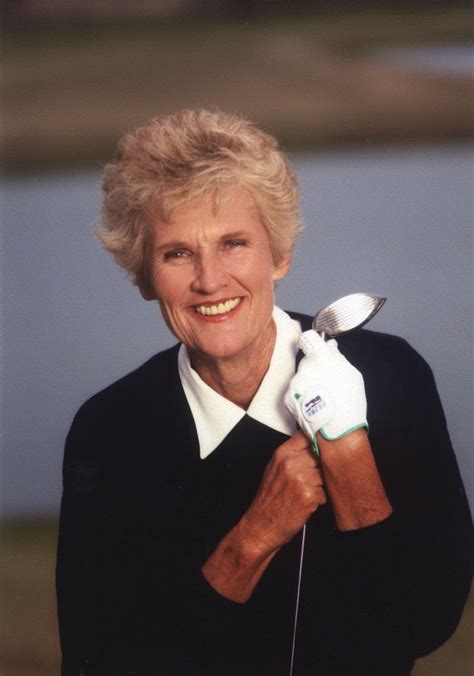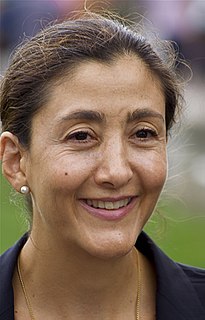A Quote by Hesiod
Potter is jealous of potter, and craftsman of craftsman; and the poor have a grudge against the poor, and the poet against the poet.
Related Quotes
I once gave a workshop and I asked the women poets there, If you went back to that little town you've come from - these were from small towns - would you say, I'm a poet? And one of them said, If I said I was a poet in that town, they'd think I didn't wash my windows. And that stayed with me for so long, the sense of the collective responsibility of someone as against the individual thing it takes to be a poet.
I've been surprised by how little criticism I've got. Harry Potter's been taking all the flak. I'm a great fan of J.K. Rowling, but the people - mainly from America's Bible Belt - who complain that Harry Potter promotes Satanism or witchcraft obviously haven't got enough in their lives. Meanwhile, I've been flying under the radar, saying things that are far more subversive than anything poor old Harry has said. My books are about killing God.
Why are poets so apt to choose their mates, not for any similarity of poetic endowment, but for qualities which might make the happiness of the rudest handicraftsman as well as that of the ideal craftsman of the spirit? Because, probably, at his highest elevation, the poet needs no human intercourse; but he finds it dreary to descend, and be a stranger.




































